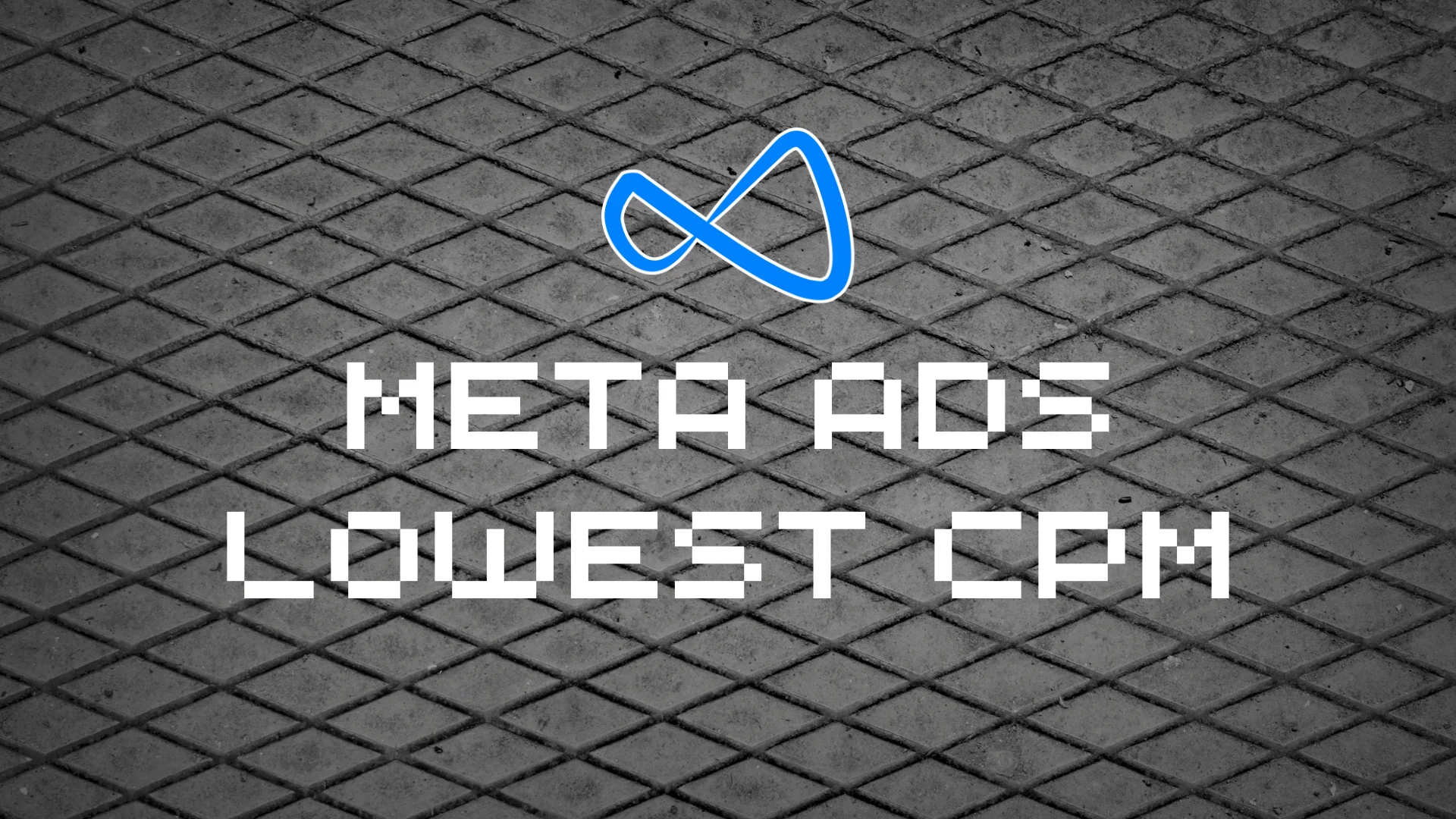Brand messaging is pervasive across various marketing channels, from TV commercials to social media. These messages are short yet impactful, and they play a crucial role in connecting with the target market. But what exactly is a marketing message, how can you create an effective one, and what should you avoid? Let’s delve into it.
A marketing message is a concise statement that informs the target audience about your brand and why they should choose your business. Unlike a promotional message, which can refer to any promotion, a marketing message focuses on conveying your brand’s identity and value proposition. It’s like an elevator pitch for your brand, not just a specific product. The key here is that it should be brief and to the point.
Your marketing message is not a lengthy infomercial detailing your company’s history and capabilities; it’s a single sentence. It should be clear and concise, informing and convincing your target market why they should opt for your product or service. It’s important to note that a marketing message delivers a brand promise to potential customers, setting it apart from a tagline.
A powerful marketing message is a vital tool in advertising. It grabs the attention of potential customers, communicates how you can solve their problems, and establishes trust in your company. It serves multiple purposes, such as enhancing brand awareness, generating leads, boosting sales, conveying your brand story, and facilitating business growth.
Now that we understand the importance of a marketing message, let’s explore some real-life examples to inspire your own brand:
1. Ulta: “The possibilities are beautiful.”
– This message acknowledges the abundance of beauty products and emphasizes that all choices are equally beautiful.
2. Spotify: “Music for every mood.”
– Spotify appeals to a broad target audience by highlighting its extensive music library that caters to various genres and moods.
3. Cards Against Humanity: “Steal the game.”
– In line with their brand identity, this message playfully encourages visitors to “steal” their game by offering a free PDF version.
4. Wayfair: “You can have nice things.”
– This subtle message entices potential customers to treat themselves and subtly grants permission to indulge in quality products.
5. TikTok: “Search it, learn it, do it with TikTok.”
– TikTok highlights its practicality by conveying that users can find instructional videos on any topic they want to learn about.
6. Nike: “What the football.”
– Nike’s message cleverly plays with words and focuses on women’s football, showcasing their involvement in sports and sponsorship.
7. Adobe Acrobat: “Adobe’s got it.”
– This timely message assures viewers that Adobe is well-equipped to handle the transition to a more digital workspace.
To create your own compelling marketing message, follow these steps:
Step 1: Make your target market the central focus by understanding their problems, decision-making process, and language.
Step 2: Allude to the solution you provide without explicitly stating the problem, keeping the message concise and attention-grabbing.
Step 3: Keep it simple. Short and memorable messages are more effective. Nike’s “Just do it” is a prime example.
Step 4: Differentiate your business by highlighting what sets you apart from competitors when explaining how you solve your target audience’s problem.
Crafting a powerful marketing message can be challenging, but AI copywriting tools like ChatGPT 4 can assist in the ideation process. With a clear and resonant message, you can effectively connect with your target audience, increase brand awareness, and drive business growth.
Source link























